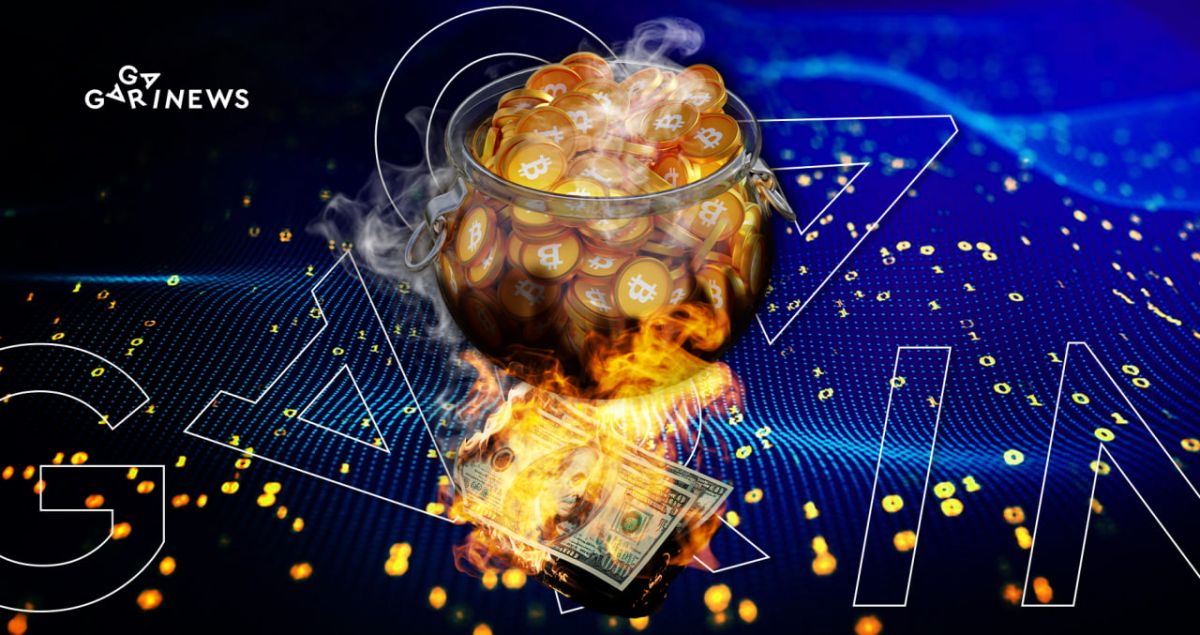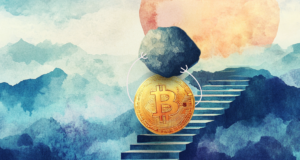The Banking Crisis Could Boost the US Crypto Market

The spring turmoil in the US banking system has led to an improved outlook for the crypto industry in the mid-to-long term. However, regulators are pushing crypto projects into the financial shadows.
On this page
In the midst of the storm surrounding the US banking sector, the cryptocurrency market has emerged as a safe harbor. The sharpness of the 2022 crypto winter has waned, and a banking crisis looms on the horizon. Given these changing circumstances, investors are once again confident in digital assets as a strong alternative to traditional financial institutions. Nonetheless, Coinbase analysts acknowledge that the operational environment for crypto businesses has grown more complex due to the loss of some fiat payment systems. They hope for prompt additional reserve implementation.
The American Banking Sector Becomes Increasingly Monopolized
Alex Thorn, Managing Director of investment and financial firm Galaxy Digital, believes that there is compelling evidence suggesting that governments and banks are working together to act against crypto companies, and it's hard to argue with this sentiment.
Crypto startups that were once served by now-bankrupt banks such as Silvergate, Signature Bank, and Silicon Valley Bank cannot open accounts with other banking institutions. At the same time, potential Signature customers face an informal prohibition on crypto-related businesses.
Concurrently, alarmed depositors are withdrawing funds en masse from smaller banks, seeking refuge in financial giants like Citibank, JPMorgan Chase, BoA, and others. In other words, a rapid concentration of the financial market is occurring in the hands of just a few major players. Citizens of the US might not yet grasp the extent of influence this emerging banking oligarchy will wield.
People from developing countries who have experienced hyperinflation and frozen bank deposits can relate to this situation. For example, between 1975 and 1990, Argentina's annual inflation rate hovered around 300%. Defrauded Argentine depositors can share stories not only about bankers' callousness but also about cryptocurrency's advantages over traditional finance.
Crypto protects the Argentine peso from devaluation
Alex Thorn reminisces about his first impressions of Argentina when he moved there in 2003. The country was in the midst of another financial crisis, and some banks' operations were put on hold. In order to shield themselves from the anger of citizens, banking institutions reinforced their walls and windows with metal plates. These plates were decorated with Argentina's heraldic symbols and graffiti cursing the thieving bankers.
Thorn noted that it is not surprising that Argentina has become a center for Bitcoin and crypto innovation, given that it has been a decade since the cryptocurrency emerged.
This isn't about crypto enthusiasts destabilizing a corrupt state system from within. Argentinians have long tried to protect their money from depreciation. They purchased clothes, food, and gifts in advance. The demand for USD was so great that the country's central bank's dollar reserves depleted. In late 2019, authorities limited non-cash purchases to $200 per month and cash purchases to $100. As a result, Argentinians' interest in stablecoins surged.
A year prior, Mariano Di Pietrantonio of Maker Growth, a core unit of MakerDAO, spearheaded the introduction of the DAI stablecoin in Argentina. At one point, Di Pietrantonio understood that his mission was to explain to residents of local shelters that they needed cryptocurrency not for its potential to appreciate in value, but because it wouldn't devalue as quickly as the Argentine peso. His strategy was successful, and Argentina now ranks among the top 20 countries with the highest levels of cryptocurrency integration in their local economies.
The content on The Coinomist is for informational purposes only and should not be interpreted as financial advice. While we strive to provide accurate and up-to-date information, we do not guarantee the accuracy, completeness, or reliability of any content. Neither we accept liability for any errors or omissions in the information provided or for any financial losses incurred as a result of relying on this information. Actions based on this content are at your own risk. Always do your own research and consult a professional. See our Terms, Privacy Policy, and Disclaimers for more details.


























